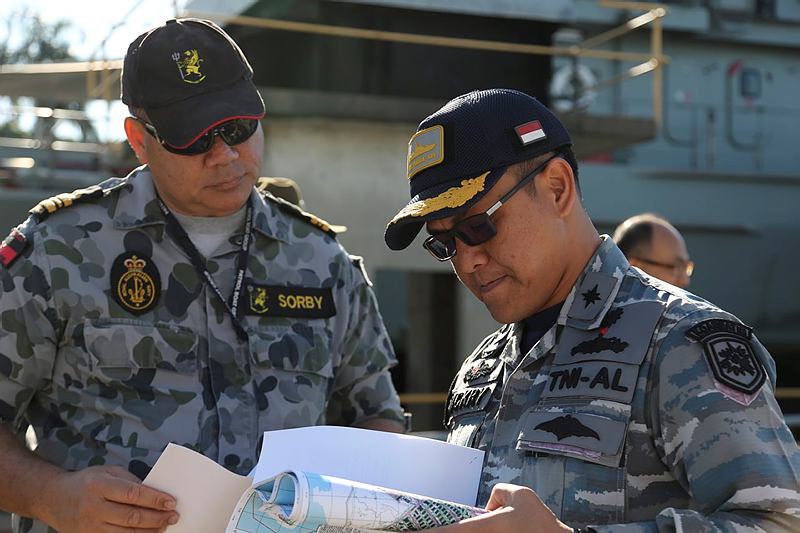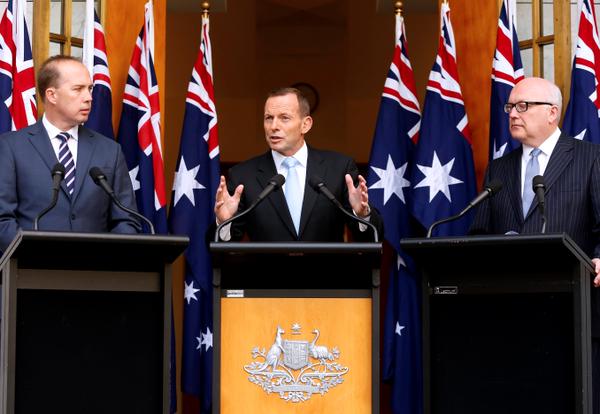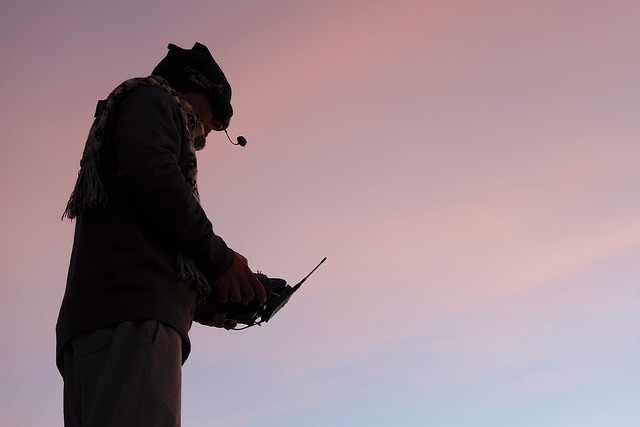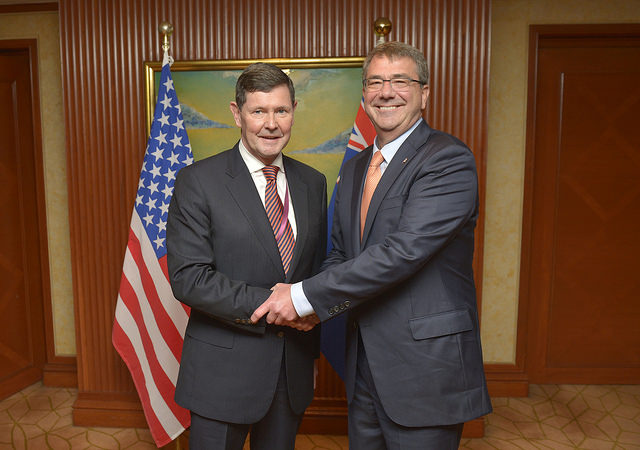The Beat, CT Scan and Checkpoint
Mafia influencing Australian business and politics
The Mafia isn’t just limited to Italy; it’s thriving in Australia. A joint Four Corners/Fairfax report reveals the influence of the Calabrian ‘Ndrangheta in Australian businesses through organised criminal tactics. It also uncovers links to senior politicians, including lobbying to prevent the deportation of a senior crime figure. ASPI’s David Connery suggests that heightened cooperation around unexplained wealth could help, as well as using counterterrorism measures, such as Delayed Notification Search Warrants, in an expanded fight against organised crime.
Suspended sentence for friend’s drug death
A Sydney teenager has been convicted and placed on a good behaviour bond for supplying her friend with an ecstasy tablet at a music festival, leading to her death. Judge Graeme Henson noted that the ‘real evil was not present in the courtroom’ and welcomed attention in the case, claiming media and courts have a responsibility to highlight the dangers of taking of illicit substances.
Emu takes up his Beat
Finally, an emu (named Emu) has found some equine friends in the Alice Springs mounted police. Senior Sergeant Melinda Edwards claims Emu think he’s a horse and lives, eats and plays with the rest of the stable. He’s even assisted in desensitisation sessions, helping the horses get used to quick movements.
CT Scan
Attacks across three continents
Were this week’s attacks in France, Kuwait and Tunisia linked? International development expert Dr Denis Dragovic doesn’t think that there was a ‘master plan’, but that their occurrence during Ramadan is significant. Islamic State spokesperson Abu Muhammed al-Adnani recently called for attacks during this period, indicating that those ‘martyred’ during Ramadan are ‘10 times more likely to be accepted into paradise’.
The attacks occurred in vastly different contexts. Leela Jacinto at Foreign Policy argues that the recent attacks in France were perpetrated by individuals known to authorities who had ‘slipped through surveillance cracks’. On the other hand it seems that Tunisia’s reputation as the only success story to come out of the Arab Spring is paradoxically contributing to its vulnerability to terrorism. And as for Kuwait, it’s argued that the attack struck at fragilities in the Gulf Arab monarchy, particularly its inability to plug the flow of funding for extremist groups.
The American Terror Threat
The New York Times released a chilling video of how a British man with links to Islamic State developed a relationship with an American Sunday school teacher online. But while Islamist extremism poses a clear threat, America has a bigger problem on its hands; a recent study reveals that since 9/11, more Americans had been killed by right-wing extremists than Islamists. David Graham at The Atlantic explains.
Checkpoint
The Australian Border Force is up and running
Australia’s newest security agency, the Australian Border Force (ABF) began its operation yesterday. At the organisation’s launch, PM Abbott underscored his belief that ABF’s officers will be ‘guardians of our safety, our security and our prosperity’.
Turkey’s southern border security set to increase
Ankara’s concerns on terrorist attacks and the rise of an autonomous Kurdish state fuelled by the demographic changes along Turkey’s border with Syria are compelling the Government to take the necessary measures to reduce cross-border security risks. While it remains unclear whether a military intervention is to take place, PM Davutoglu stressed Turkey’s determination to change rules of engagement in the region and prevent its border from falling under control of either Daesh or Kurdish forces.
Calais migrant crisis continues
Last week we commented on the illegal migration attempts at the UK–France border; this week Britain has announced the deployment of a four-kilometre-long and over-two-meters-high security fence along the border to stop the illegal migrant flow trying to reach the UK. The situation, which saw the closure of the Channel Tunnel, has now affected thousands of tourists.










